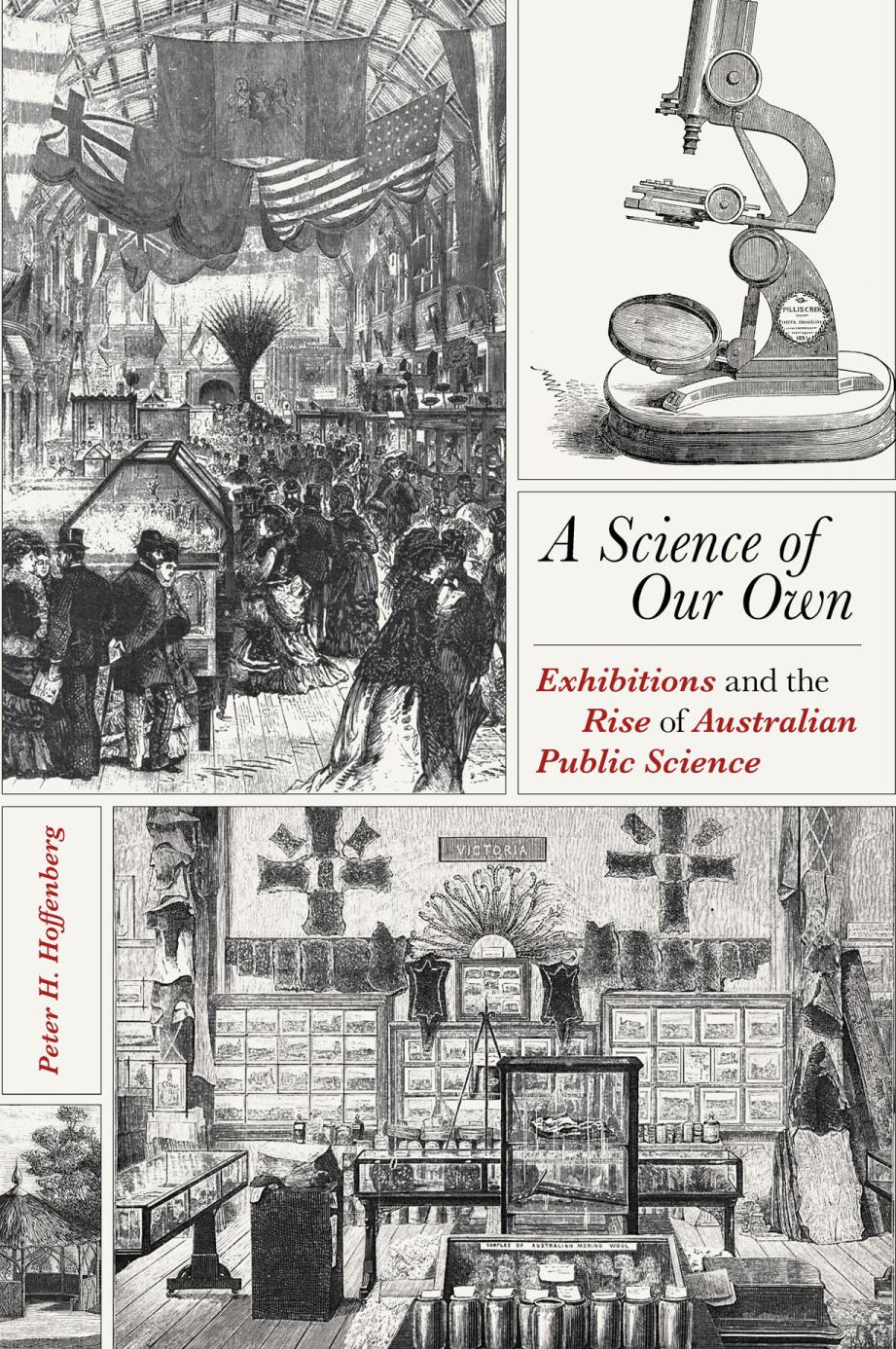

Most ebook files are in PDF format, so you can easily read them using various software such as Foxit Reader or directly on the Google Chrome browser.
Some ebook files are released by publishers in other formats such as .awz, .mobi, .epub, .fb2, etc. You may need to install specific software to read these formats on mobile/PC, such as Calibre.
Please read the tutorial at this link: https://ebookbell.com/faq
We offer FREE conversion to the popular formats you request; however, this may take some time. Therefore, right after payment, please email us, and we will try to provide the service as quickly as possible.
For some exceptional file formats or broken links (if any), please refrain from opening any disputes. Instead, email us first, and we will try to assist within a maximum of 6 hours.
EbookBell Team

0.0
0 reviewsWhen the Reverend Henry Carmichael opened the Sydney Mechanics’ School of Arts in 1833, he introduced a bold directive: for Australia to advance on the scale of nations, it needed to develop a science of its own. Prominent scientists in the colonies of New South Wales and Victoria answered this call by participating in popular exhibitions far and near, from London’s Crystal Place in 1851 to Sydney, Melbourne, Adelaide, and Brisbane during the final decades of the nineteenth century. A Science of Our Own explores the influential work of local botanists, chemists, and geologists—William B. Clarke, Joseph Bosisto, Robert Brough Smyth, and Ferdinand Mueller—who contributed to shaping a distinctive public science in Australia during the nineteenth century. It extends beyond the political underpinnings of the development of public science to consider the rich social and cultural context at its core. For the Australian colonies, as Peter H. Hoffenberg argues, these exhibitions not only offered a path to progress by promoting both the knowledge and authority of local scientists and public policies; they also ultimately redefined the relationship between science and society by representing and appealing to the growing popularity of science at home and abroad.